A thread rolling machine, also known as a thread roller, is a specialized piece of equipment used in manufacturing to create threads on cylindrical parts, such as screws, bolts, and other fasteners. The process of thread rolling is a cold-forming operation that involves deforming the material without removing any material, unlike traditional cutting methods like threading with a tap or die.
Types of thread rolling machines
Thread rolling machines come in various types, catering to different manufacturing needs and specifications. One notable variant is the screw thread rolling machine, specifically designed for the efficient production of screw threads on cylindrical workpieces. This type is widely employed in industries where the creation of high-strength, precision threads is critical, such as in the manufacturing of screws, bolts, and studs.
Another significant advancement is the CNC thread rolling machine. Leveraging Computer Numerical Control (CNC) technology, these machines offer enhanced precision and automation in the thread rolling process. CNC thread rolling is particularly advantageous for complex threading patterns and customized specifications. The automated control allows for efficient adjustments, making it suitable for versatile production requirements.
Flat die thread rolling machines, featuring two flat dies, are commonly used for creating threads on screws, bolts, and studs. Cylindrical die thread rolling machines, on the other hand, utilize cylindrical dies for thread formation, offering versatility in applications like bolts and studs.
Furthermore, planetary thread rolling machines employ multiple rolling dies arranged in a planetary motion. This configuration enhances production speed and efficiency, making it ideal for high-volume manufacturing scenarios. Each type of thread rolling machine addresses specific production demands, providing manufacturers with options to optimize their processes based on factors like thread complexity, production volume, and customization requirements.
Usage scenarios of thread rolling machines
Thread rolling machines find extensive usage in manufacturing scenarios where the production of high-quality threaded components is essential. One prominent application is in the production of fasteners such as screws, bolts, and studs. Thread rolling is particularly advantageous in high-volume production environments, offering faster processing speeds compared to traditional cutting methods. Industries such as automotive, aerospace, and construction heavily rely on these machines to ensure the consistent and precise formation of threads, contributing to the overall strength and reliability of the manufactured components.
Additionally, thread rolling is favored when working with materials that are difficult to machine or require enhanced mechanical properties. The process's ability to cold form threads without material removal results in stronger threads and reduces waste, making thread rolling machines a preferred choice in various manufacturing sectors.
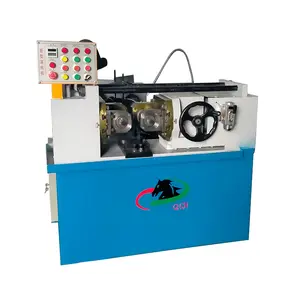










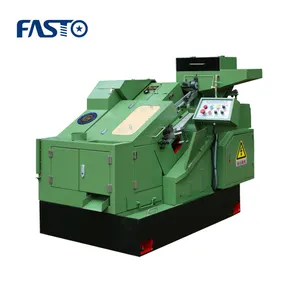







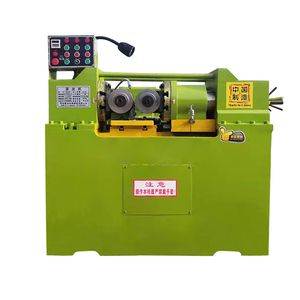
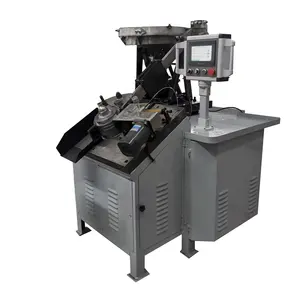


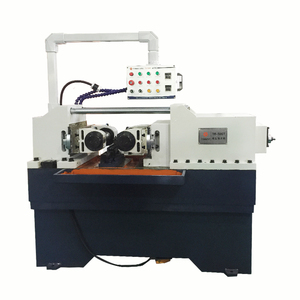






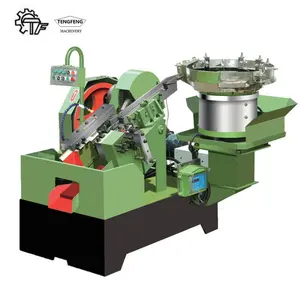


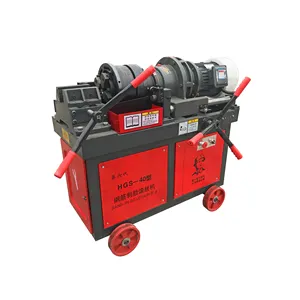
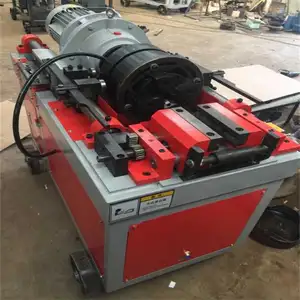



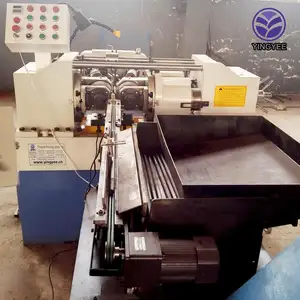


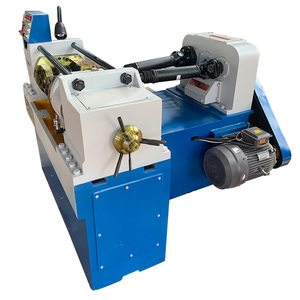







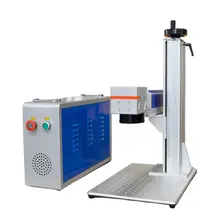
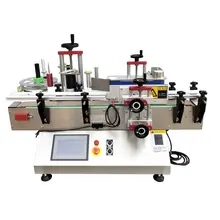


























 浙公网安备 33010002000092号
浙公网安备 33010002000092号 浙B2-20120091-4
浙B2-20120091-4